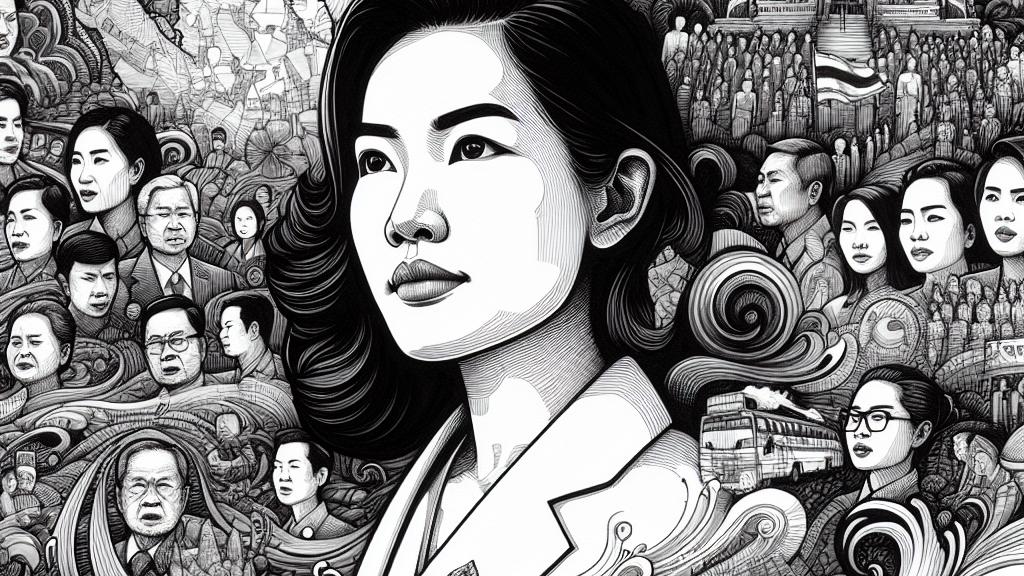Breaking Boundaries: The Rise of Women in Thai Politics!
Overview
- Sirikanya Tansakul leads a transformative shift within Thai political leadership.
- Increased female representation challenges traditional political norms.
- The journey of the Move Forward Party reflects ongoing struggles for democracy.

A New Era in Thai Politics
Thailand's political landscape is on the brink of significant change, embodied by leaders like Sirikanya Tansakul, deputy leader of the Move Forward Party (MFP). In a recent press conference, she expressed optimism about potentially leading a reformed party, especially amid the challenges posed by the threat of disbandment. Tansakul asserts that a shift towards more female leaders can pave the way for innovative governance, presenting a compelling vision for a political system that better represents the diverse voices of the Thai populace, particularly the rising youth demographic that is eager for progress.
Navigating Historical Challenges
Despite achieving a remarkable electoral victory, where the MFP emerged as a leading party in the House of Representatives, the road ahead is complex. The party faces the unprecedented challenge of potential disbandment from the Constitutional Court due to alleged violations linked to political maneuvering. This scenario illustrates the long-standing conflict between progressive movements and the conservative establishment in Thailand, which includes the military and monarchy. However, the resilience shown by MFP supporters, through organized protests and community engagement, signifies a strong commitment to battling for democratic rights and fostering political reform.
Empowering Women in Leadership Positions
The rise of leaders like Tansakul signifies more than mere representation; it emphasizes a crucial cultural shift regarding women in leadership roles. Women in politics often grapple with unique challenges, including the need to conform to societal expectations that prescribe being both compassionate and authoritative. Research reveals that women face a double bind, where assertiveness can be critiqued as aggressiveness, and warmth can be seen as weakness. Tansakul's leadership journey exemplifies overcoming these barriers. By succeeding and openly advocating for gender equality, she paves the way for future leaders, inspiring a new generation of women to engage in the political process and assume leadership roles.

Loading...